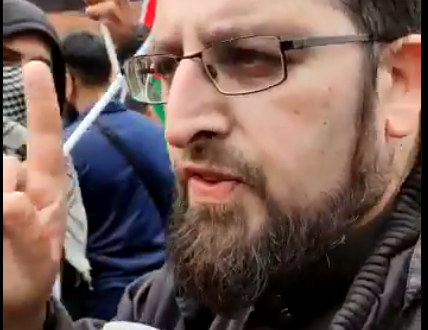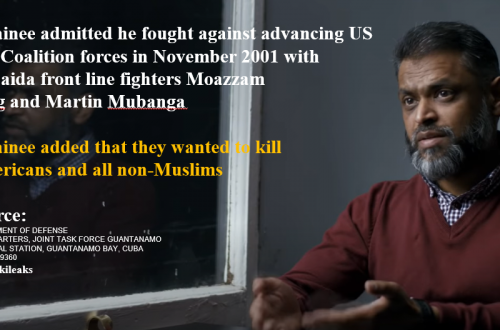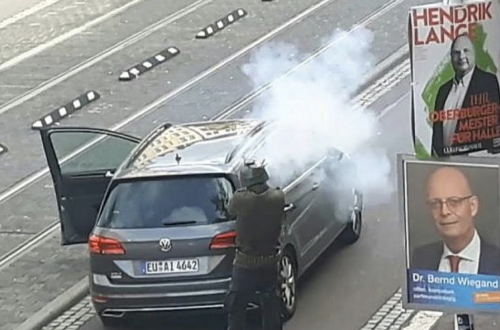Last year I flagged Hope Not Hate’s petition against the withdrawal of rescue funding in the Mediterranean. Although this policy had been described as a ‘barbaric abandonment of British values’, some argued that the rescue missions would encourage more people to leave their countries, and thus perhaps lead in the longer term to more deaths.
Recent tragic events have led to renewed attention on the plight of such migrants. The perils faced by the Rohingya have received less publicity, but their situation is equally desperate. Refugees fleeing the camps of Myanmar find themselves being pushed back to sea from neighbouring countries. In an article for the New York Times Nicholas Kristof gives more details of the dangers facing the Rohingya:
The United Nations says that more than 130,000 Rohingyas have fled by sea since 2012. Many fall prey to human smugglers who torture, rape and starve them in Thai camps until relatives pay ransom. The discovery of a mass grave this month from one such camp embarrassed Thai authorities into cracking down on human smugglers, leading the crews to abandon the ships, with their human cargo adrift at sea.
Although many were understandably shocked by the prospect of withdrawing rescue services from the Mediterranean, actively pushing refugees back to the open sea is another matter, and directly murdering them is of course worse still. Within this context, Theresa May’s concerns about taking in rescued refugges perhaps seem less outrageous than some responses to her words would suggest:
Ms May argued that setting up a compulsory quota system would backfire by creating a “pull-factor”, encouraging more migrants to risk their lives to get to Europe. She urged the EU to do more to target people smugglers in Libya who profit from cramming desperate people on to ramshackle boats.
Frans Timmermans’ reply, quoted in the Independent, fails to engage directly with May’s arguments:
I wonder how anyone could maintain that this could make the situation worse. First of all, what will make the situation worse is doing nothing, maintaining the present system. If we then do nothing, we make the situation worse for people in trouble and lose credibility in the eyes of our citizens who have demanded we do something.”
Anna Musgrave, of the Refugee Council, offers a more reasoned objection:
“The Home Secretary’s sweeping judgement that people arriving on Europe’s shores from some of the world’s biggest refugee producing countries are economic migrants is utterly startling. The choice is simple. Will we turn our back on the world’s refugees, or will we live up to our proud tradition of offering some of the most vulnerable people in the world safety in Britain?”
It’s reasonable to make a distinction between refugees and economic migrants. But although Theresa May may be right to point out that not all those rescued from the Mediterranean are from Syria or Libya, it’s not as though the UK has made any great contribution to helping Syrian refugees.


